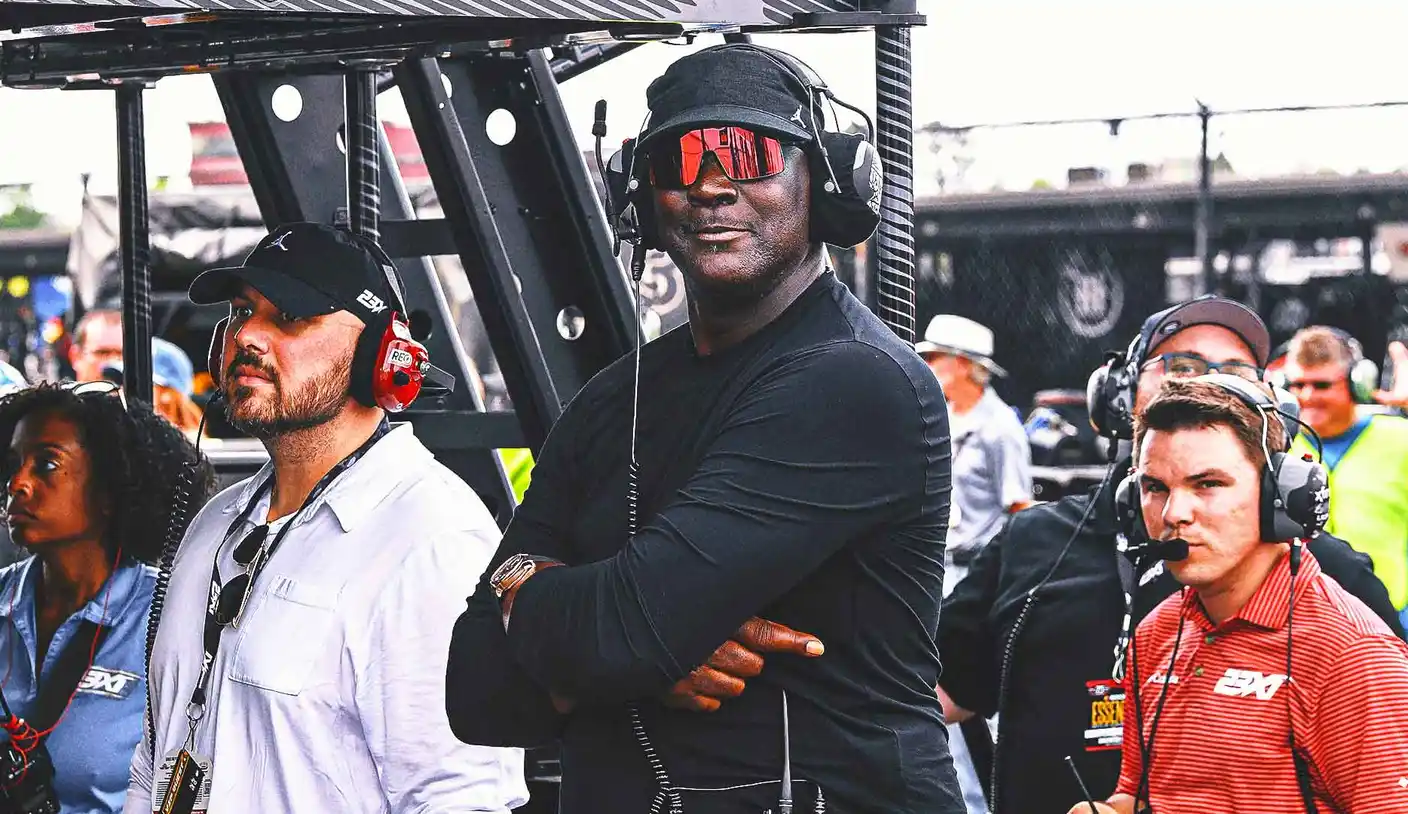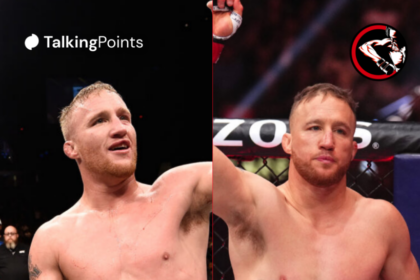The lawsuit trial between 23XI Racing, Front Row Motorsports, and NASCAR is set to start on December 1 and is expected to last up to 10 days. If you’ve missed the case details over the last 14 months, here’s a quick summary.
Who is involved?
The case was brought by 23XI Racing, co-owned by Denny Hamlin, Michael Jordan, and Curtis Polk, along with Front Row Motorsports, owned by Bob Jenkins, against NASCAR, owned by Jim France, Lesa France Kennedy, and their families.
What’s the dispute about?
23XI and FRM didn’t get the charter terms they wanted and refused to sign the 2025-31 charter agreement, filing the lawsuit on antitrust grounds. They argue NASCAR’s current business model isn’t financially viable for teams and restricts competition by controlling large racetracks, enforcing exclusivity clauses, mandating parts purchases, and requiring base costs. They claim this limits teams’ ability to operate profitably and stifles competition.
Legal context
The law broadly prohibits any form of business activity that restrains trade or commerce. Courts interpret these rules, defining what counts as an illegal restraint of trade.
NASCAR’s defense
NASCAR argues it follows normal business practices and provides teams with a viable model, citing increased charter payments and options for car owners to race openly without exclusivity clauses as evidence they’re not anti-competitive.
Settlement prospects
A settlement could happen anytime before, during, or even after the trial and appeals process.
Trial logistics
The trial will take place in federal court in Charlotte and may last from one to ten days depending on jury deliberations. Key witnesses expected include Hamlin, Jordan, France, executives from top teams like Hendrick and Penske, and economic experts.
Coverage restrictions
Federal court bans cameras and restricts reporters’ phone usage, so updates will be limited and likely happen during breaks.
Burden of proof
The teams suing must prove their case by a “preponderance of the evidence,” a lower standard than “beyond a reasonable doubt” used in criminal trials.
Potential outcomes if 23XI and FRM win
A favorable verdict could lead to monetary damages ranging from $1 to over $300,000, with possible tripling of the award. The court might also impose antitrust remedies such as ending NASCAR’s charter agreement terms, selling tracks, eliminating single-source suppliers, or removing exclusivity clauses. Settlement negotiations can also shape the outcome.
If NASCAR wins
Unsanctioned teams like 23XI and FRM could be forced to shut down by the end of the 2026 season. NASCAR plans to sell six charters, and team assets might be sold to new owners, who could absorb the displaced employees.
Appeals and prior rulings
An appeal is expected. Notably, Judge Kenneth Bell ruled the relevant market is top-level stock car racing services, limiting NASCAR’s ability to force teams into other series. NASCAR will likely appeal this ruling.
What about charters moving forward?
NASCAR isn’t obligated to grant charters to these teams unless a settlement is reached. They may resist working with teams that filed lawsuits, though financial incentives might encourage a deal.
Future of the charter system
The system is probably here to stay, though it might be renegotiated as part of a settlement to avoid prolonged legal battles.
When will this end?
The case likely won’t be resolved by year-end, but early trial developments will provide insight into its direction, with some sensitive information already public.
Fan Take:
This lawsuit is a pivotal moment for NASCAR fans because it challenges the sport’s current business framework and could reshape how teams compete and operate financially. The outcome might fundamentally change NASCAR’s competitive landscape, potentially leading to a more open and sustainable environment for teams and exciting racing for fans.



